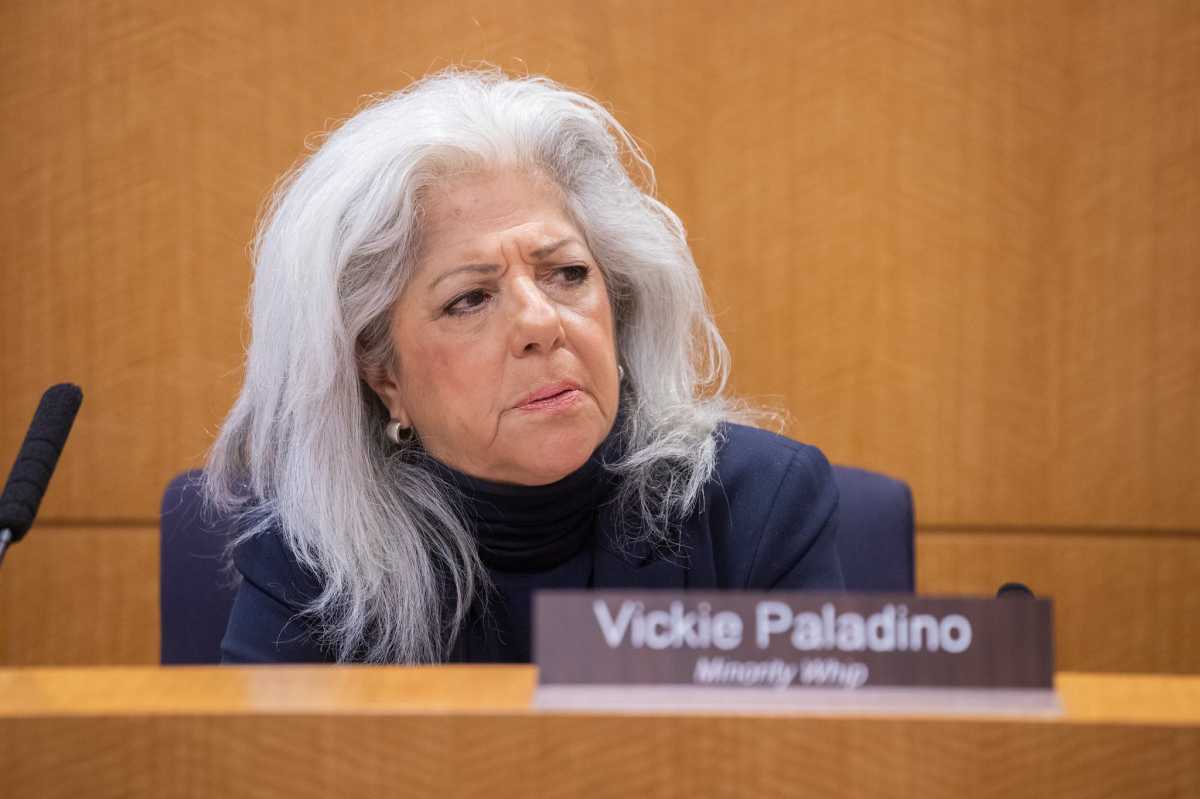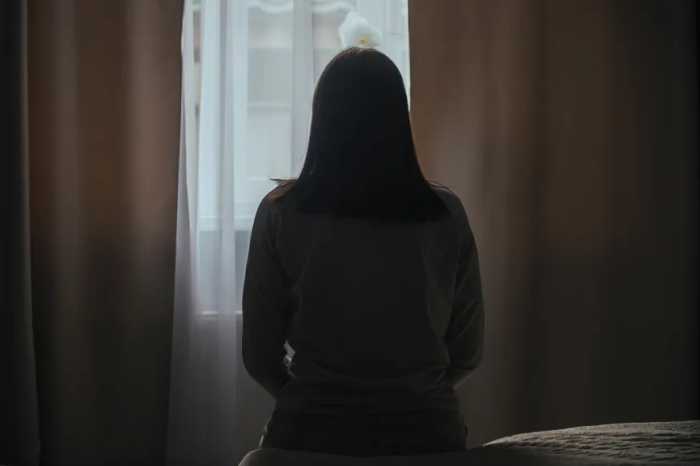Will Reform Controverial Policing
The city has ended its defense of the NYPD’s “stopquestion and-frisk” policy.
Mayor Bill de Blasio stated last Thursday, Jan. 30, the city will withdraw its appeal of the decision in the case Floyd v. The City of New York and allow the U.S. District Court to appoint a monitor to oversee the NYPD’s reform of the “stop-andfrisk” tactic over the next three years.
Last August, U.S. District Judge Shira Scheindlin ruled the NYPD had violated New Yorkers’ constitutional rights by overusing stop-and-frisk and unfairly targeting persons of color. Under the leadership of then- Mayor Michael Bloomberg, the city appealed Scheindlin’s ruling, charging the tactic is necessary to preserving public safety.
During a press conference in Brownsville, Brooklyn last Thursday, de Blasio and Police Commissioner Bill Bratton announced an agreement withdrawing the city’s appeal and paving the way for stop-and-frisk reform, which includes giving a voice to those who claimed they were victims of the misused policy.
“This is a defining moment in our history,” de Blasio said. “It’s a defining moment for millions of our families, especially those with young men of color. And it will lay the foundation for not only keeping us the safest big city in America, but making us safer still.”
“We will not break the law to enforce the law,” added Bratton. “That’s my solemn promise to every New Yorker, regardless of where they were born, where they live or what they look like. Those values aren’t at odds with keeping New Yorkers safe-they are essential to long-term public safety.”
NYPD officers use stop-and-frisk to target individuals who fit the description of a suspected criminal, or individuals who-in the judgment of an officer-appears to be acting suspiciously. In recent years, civic activists and organizations charged the NYPD misused stop-and-frisk as a means of racial profiling, as the majority of persons stopped were black or Hispanic.
The federal class-action suit Floyd v. The City of New York was filed in 2008 by a group of individuals who believed they were unfairly targeted by police; the plaintiffs sought a change to NYPD policy.
In addition to Scheindlin’s ruling against the city, the City Council passed the Community Safety Act last summer. The two bills instituted an inspector general to oversee the NYPD and outlawed the use of “biasbased profiling” by police officers. The legislation included provisions allowing individuals who believe they were unfairly targeted by police to seek legal recourse.
Mayor Bloomberg vetoed the Community Safety Act after its initial passage, but the act became law after the City Council overrode his decision.
Other city lawmakers alluded to the stop-and-frisk struggle in heralding last Thursday’s settlement as a step forward for civil rights and justice.
Public Advocate Letitia James stated the agreement “marks the culmination of tireless and courageous work organizing, educating and empowering our communities and creating the change it took to finally reform unjust practices that target minority communities.”
City Comptroller Scott Stringer added “the city has been fighting reform for far too long, and the legacy of [the case] should be that our city never again experiences the type of widespread constitutional violations outlined in Judge Scheindlin’s opinion.”
City Council Speaker Melissa Mark-Viverito applauded “this settlement because reforming stopand frisk and mending the relationship between communities of color and the NYPD is long overdue.” Brooklyn Borough President Eric Adams, who had served the NYPD for 22 years, added the time had come to “mend the bond between law enforcement and the communities they serve” and “restore faith in our Police Department.”
“It is critical that we restore trust and faith in every community in this city and begin to repair relationships,” stated Queens Borough President Melinda Katz. “With effective community policing, New York can remain the safest big city in this country, while serving all of its residents with respect.”

































